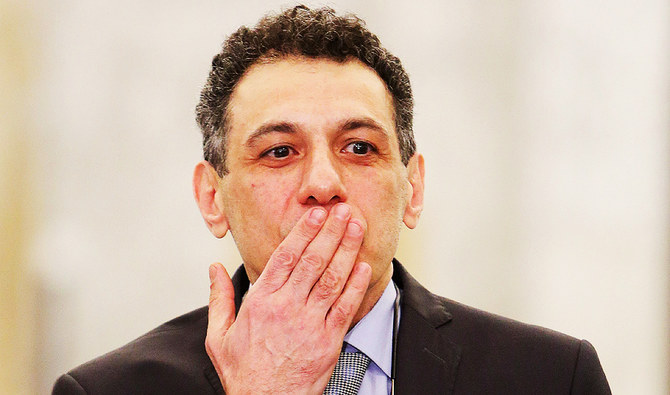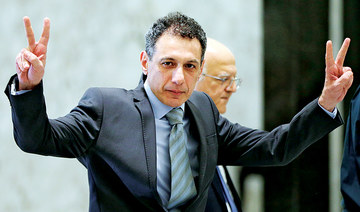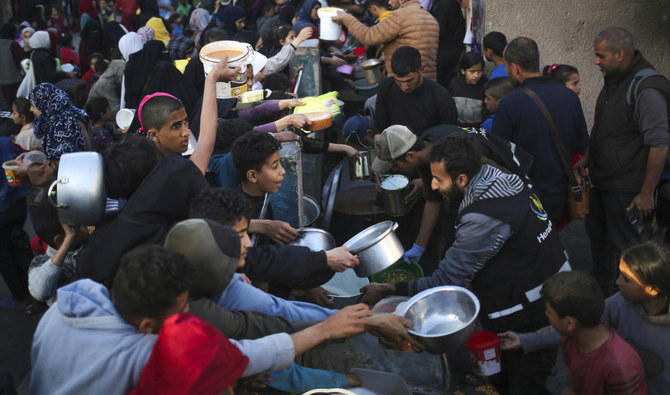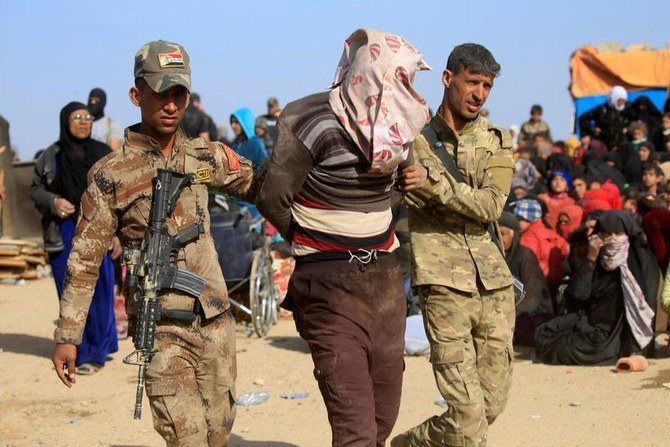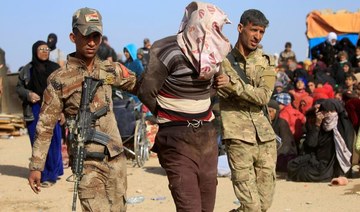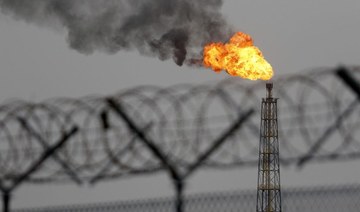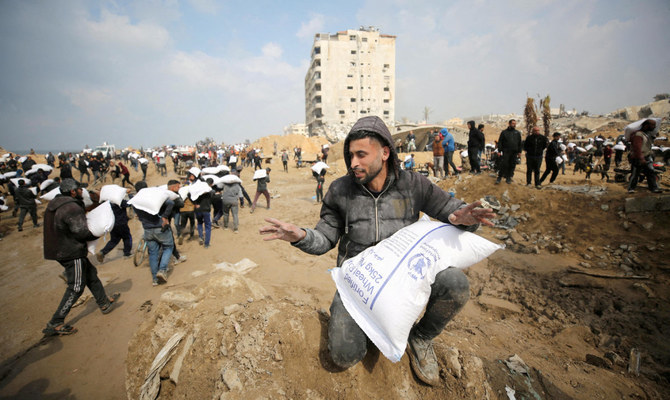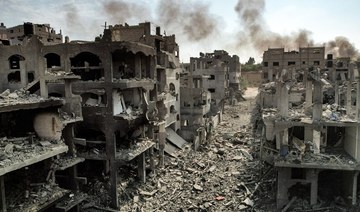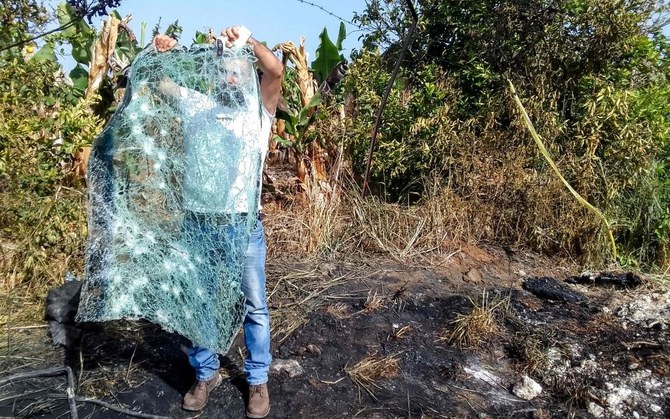BEIRUT: The release of a Lebanese businessman on Tuesday after nearly four years in an Iranian prison may be linked to “complex” talks over two Lebanese prisoners being held in the US, analysts have told Arab News.
Nizar Zakka, an information technology specialist who holds US residency, was detained in Tehran in 2015. Iranian media described him as a US spy and he was sentenced to 10 years in jail and fined $4.2 million.
Zakka arrived in Beirut on Tuesday after Lebanon’s government secured his freedom. The circumstances of Zakka’s release were “complex,” Asaad Haidar, a Lebanese expert on Iran, told Arab News.
“This is a declaration of Iranian goodwill toward the Americans,” he said. “Zakka’s release is aimed at exchanging his freedom for the release of people who are being held by the US, including two Lebanese, Ali Kourani and Kassim Tajideen, who are important to Iran.”
Kourani, 34, a Lebanese American, is being prosecuted in a New York court on charges of supporting terrorism. If convicted, he faces life imprisonment.
BACKGROUND
• Nizar Zakka, an information technology specialist who holds US residency, was detained in Tehran in 2015.
• Iranian media described him as a US spy and he was sentenced to 10 years in jail and fined $4.2 million.
Tajideen, 63, a Lebanese businessman from the southern town of Hanaouay, built a global network of food and property companies with his brothers. He was accused by Washington of financing terrorism, and arrested in Morocco in March 2017.
“Tajideen is essential to Iran and they want to move reopen his case because no one has mentioned him since his arrest,” Haidar said.
“It is important to monitor the outcome of Japanese Prime Minister Shinzō Abe’s visit to Tehran on Wednesday, and his meeting with Iranian officials. These are real negotiations whose results will emerge later.”
Nevertheless, officials in Lebanon and Zakka himself denied on Tuesday that his release was linked to a swap deal.
“This was an initiative that began and ended in Lebanon, a national job. The results were positive and stopped many actions that would have affected the region,” Zakka said.
Sources at the presidential palace told Arab News Zakka’s release was the result of “an intervention by President Michel Aoun with the Iranian authorities.
“He … summoned the Iranian ambassador and asked him to refer his request to President Hassan Rouhani, and he responded positively. Everything said and written outside this context is absolutely unfounded.”
Zakka arrived in Beirut on a private jet, along with Lebanon’s national security chief, Maj. Gen. Abbas Ibrahim.
“I do not make deals,” Ibrahim said. “But Tajideen is on my mind. I met him in prison in 2017 and this matter is not up.”



